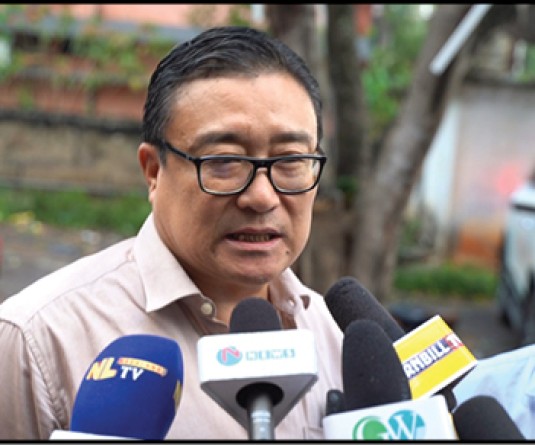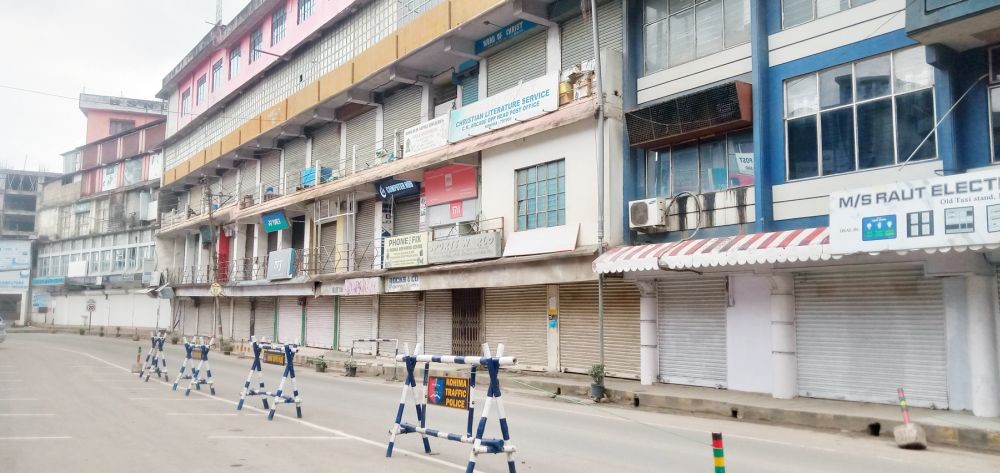
Consultative session calls for building environment conducive to holistic growth of children
Morung Express News
Dimapur | June 24
Providing an environment conducive to holistic growth of children into responsible adults was the underlying tone of a consultative session on the ‘Role of Schools in Child Protection’ held in Dimapur on June 24. Teachers and school administrators from the across the district participated.
In line with the UNICEF’s broader definition of ‘Child Protection’, the daylong session organised by the State Commission for Protection of Child Rights (SCPCR) in collaboration with Childline, Dimapur, highlighted an imperative need for having ‘child protection policy’ in schools. It also covered the legal aspect of child protection and the importance of counselling services in schools.
The need for having such a policy in every school was emphasised by Rahul Mali, Assistant Commissioner, Dimapur, who delivered the keynote address. He said that irrespective of the protective Statutes, children are vulnerable to abuse be it mental or physical in nature.
Citing study data maintained by Childline India, Mali said that only 10 percent of schools nation-wide reported having a Child Protection Policy while only 1% schools have a sexual harassment policy.
Only 3% of schools reported having grievance committees for issues relating to SC/ST and human rights issues, 2% for gender discrimination and 4% for issues related to corporal punishment, he said, while adding that 64% schools reported taking no measures to ensure safety of children outside school premises. As per the data, he added that the prevalence of corporal punishment is high with only 5% of schools reported as having meted out no corporal punishment. Further, he said that only 12% of school administrators (principal) have undergone any training on child rights and child protection.
The role of schools in child protection is crucial “because a great portion of the day is spent in schools,” said Mali, adding, “Every school should have child protection policy.”
Dr Zavise Rume, Associate Professor & Nodal Officer of the Guidance & Counselling Cell, SCERT called for a clear cut government policy for recruitment of school counsellors. Emphasising the need for guidance and counselling component built in the schooling system, he added, “There is a need for having at least one male and one female counsellor in every school.”
The state looks set in that direction as he informed that the Nagaland State Government has approved a SCERT proposal to introduce Diploma course in school counselling.
The apparent lack of “crisis intervention” as regards children was emphasised by K. Ela, Collab Director, Childline/Prodigals’ Home, Dimapur. Stating “our people” are still not that aware of the prevalence of child exploitation, she said that the situation only calls for an urgent need to have in place intervention mechanism and change in the education system for the better. While there is the need for child counsellors and child protection committees in school, she said that when children are exploited as domestic helps “what can we teach at school?”




